Certifications can carry a lot of weight, but they can also take time and plenty of strategic planning to develop. From what certifications you should consider, to phasing out your approach and launch -- join the fellas to get a sense for how building certifications can help your programs scale.
3 key takeaways
- Partner certifications serve as North Stars your partner can work towards.
- Certifications provide tangible goals for partners. Rather than having a program where enablement seems never-ending, certifications allow you to bake in little wins along the partnership journey.
- Start implementing partner certifications after you have an established program, need it to scale, and need to deliver more success.
- You don’t want to develop partner certifications at the start of your program because you’ll be missing context (think 70-100 agencies or service partners minimum).
- The success of your partner program relies heavily on how you set them up to succeed.
Subscribe & listen on:
Full transcript:
Tom Burgess 00:20
Howdy partners, welcome to another rendition of you guessed it, how he partners will and I have a great topic for you today on certifications. But before we get into that, a little sidebar, Will and I were about to record this session. And he was like, alright, and get ready, let’s do it. And all I can think about are these YouTube videos of people in like an actual fighter jet or like doing a G force test. And they’re like, let’s hit it, and then their budget hits the floor. So I wanted everyone to just kind of get a glimpse inside of my brain and what we’re thinking about.
Will Taylor 00:55
Yeah, that’s exactly how I feel. That’s exactly how I feel whenever we enter into a recording, I grip the handles and I think to myself, all right, the G forces are about to set in. So you captured that perfectly, Tom,
Tom Burgess 01:10
I appreciate it. I don’t know if I’m scared to do that type of stuff. I feel like I’d be okay at it. But who knows, I’m good at clenching my butt cheeks and just other things. So that’s a great little TMI, but let’s get into certifications. Will you and I have a lot of experience with what certifications are, are laid the importance, but I think for our listeners, you know, partnerships and going to market with partners is one thing but how you set them up to to succeed and educate is another and there’s several ways to do that certifications is certainly one of them. I want to get your opinion on why you believe certifications are important. And I know we’ll dive into like what certifications are important. But why do you think they’re important just in general,
Will Taylor 02:03
certifications serve as that like North Star that the partner can work towards. And without it, I would say it just seems like this never ending enablement that, you know, there’s always going to be that new sales asset or that new feature that’s released. Whereas the certification, it’s the more official, you know, one and done type thing that really gives your partner the skills necessary to succeed in the partnership versus just you know, the ongoing enablement, which is, you know, important, but having that thing that they can say, I achieved this, or we achieved this, I think that is a really good thing that they can work towards. And we see it in the HubSpot ecosystem, where it’s a sign of status as well for you know, we’re an Elite Partner. So that means something. And so, you know, eventually you want your program to get there. But that mindset of, oh, these partners have it. I want that as well, the status piece, but then also the Northstar piece of okay, there’s something I can actually work towards, and have it be completed. That’s the importance of it.
Tom Burgess 03:05
Yeah, yeah. And actually, it’s, it’s, you talked about HubSpot. It’s even beyond just the tearing mechanism. You know, the HubSpot Academy is, I remember being on the agency side. And like that was a requirement, like you have to get inbound certified, you have to get CSM or sales certified in HubSpot. And they they I think, are the north star when it comes down to how you how you implement a strategy for service partners or solutions partners, because they’ve done such a good job. And we’ll get into some of the aspects around it. But even more importantly, is the status piece is, is really what drives a lot of service partners. And maybe I’ll get flack for that. But the reason why I think that’s important is because you now have something that you can come back on and say listen, we can help you here, we can help you here. There are so many different areas where certifications proves value and worth. And from a from an agency standpoint, and maybe on the tech side too. But if you can, if you can be multifaceted in in being certified in certain solutions. Now you’re talking about like opening up the revenue streams, which we talked about before, with Kyle on the agency side. So let’s, let’s dig a little bit deeper. I think we’re both in agreement that certifications from a surface level can provide value. There’s an external value, there’s an internal value. And let’s touch on, you know when it’s right, or what’s the what’s the actual necessity behind certifications, which is from a SaaS provider or like a partnership team. When is when you start thinking about certifications. We can get into the types here, but I think it’s just important. Like, is there a time when it’s not right? Is there a time when it’s right?
Will Taylor 04:58
Yeah, I would say By day one, that’s for sure, if you just started your partner program, you probably should not be thinking about a certification program, because you have so much to learn on what they would actually need to be certified on, and what fits in terms of the value for their business. And so the right time, I would say is probably between like, and it depends on, you know, the tech and the agencies that you work with. But I’m thinking probably around the 70 to like 120 agencies or service partners that could get certified. And the reason for that is because you would have done the initial, you know, small cohort of enablement with, let’s say, 10 agencies, and then you would have rolled that out to a greater agency base to really understand is this something that agencies want to partner with and that they can partner with? Okay, yes, they can. And then you’ll be able to at that, you know, 70, or 100, Mark, or whatever your scale is that, that’s where I think you will have enough context, and also enough content to then deploy. But you’ll also probably have a larger team size, where you could start focusing more on these enablement efforts, and the certification efforts. So the one for me just to give more of a heart indicators, in that range of, you know, we’re getting to scale with our service partners, we’re now expanding further, it’s not just this initial test that we are trying to learn about. And it’s not something that we are, you know, going through phase two of the expansion, it’s okay, we have an established program, and we need it to scale we need to deliver more success. And we have the means to do so. And the body of agencies to do it with as well. So again, I would say probably like 70 to 100 would be the minimum that you would need in terms of service partners.
Tom Burgess 06:51
Yeah, yeah. Good, good answer. And I think on top of that, it’s important to start thinking about at this point, what certifications make sense and why. And I think the the why here is super important, because when you start to think about your product, and the success of your partnership program, it relies heavily on partners, but how you set them up to succeed, is the kind of like the X Factor for lack of a better term. And so you and I have a lot of experience in understanding that when partners understand our product through and through, okay, now you’re, you talk about implementation or being like implementation certified, and being able to go to market with their customers to help train them, help them help enable them, help them adopt the tool set for that, you know, lifetime value, whatever it is. So it’s, I agree, like there’s there’s a threshold in terms of like numbers, like as you start to enable, whether you’re in like the adoption phase, or your partnership program, or like fairly mature, if you don’t have certifications, understand what the value is to to you, and the end user, which is going to be can we drive, meaningful value on the other end. So is implementation something that is meaningful to you is being selling certified something that’s meaning to you, and we’re kind of getting to the nitty gritty here, which is my fault. At the same time, understanding when is right for you is going to be based on your perception, etc. Let’s talk about some of the benefits. So we talked about like, maybe when it’s right, let’s talk about the benefits of being or having certifications. And like I said, I kind of I kind of touched on like a couple of the certifications. That might be right. But I want to get your thoughts in terms of what that means to you.
Will Taylor 08:47
The benefits in my mind is you’ll have agencies or service partners that are out there that can add additional success for your clients in the different ways that the certification can help them out. So whether that’s through implementing the technology or through servicing the strategy around the technology, the benefit there is your clients are going to be happier, they’re going to be more successful, and that’s going to mean better retention for your company. The other benefit is it helps you organize your thought process around which agencies are taking action, which ones are raising their hand to say, I want to really be your partner. And it also helps you to understand like, is this actually landing like is this program landing? If people are taking on the certification, if they’re not, then the program might not be an entirely good fit. And so we’ll get into like the phased approach that you should take a certification but it’s a good indicator of the perception of your program, but then also really good to showcase your partners to your clients. In a way that shows that you trust them in a certain way, meaning, hey, here are these partners here, these 10 partners that are certified to service, the strategy surrounding our technology, that kind of clarity for your clients. Like not only if they deliver the the success through the agency, are they getting more success in general as a client, but that clarity of that initial touch point of, I’m a client, I don’t even know where to go, that’s going to make you the hero even more for your clients. So it’s kind of got the the dual benefit for client success in that it’s not just delivering the services and making the client more successful, but it’s also giving that clarity in that direction to your client, so that you are then the hero, and of course, your partner is going to be the hero as well. So in short, it adds clarity for your clients and you for who’s the right partner, and who is going to be the one that we can trust, and then to it will deliver more success to your client, that will then result in better retention. And on the back end, so to speak of your day to day, it’ll show you which partners are serious. And also, which ones are able to, you know, really put their best foot forward. And because not every consulting partner or agency partner is going to want to do the certification, nor will they have the means or the motivation to do so. So I think that’s another major benefit. That’s like probably not as tangible, but it definitely helps you guide your focus.
Tom Burgess 11:30
Well, and I think you you nailed one thing is that like in all of this in building certifications, it can be very subjective. And I think that that lens that lends nicely to the actual partnership team is that you don’t, you don’t need to go into this thinking like, I need to have like this 20 Question assessment. And if you’re like, not above 75%, you don’t pass. That’s that’s the wrong way to approach it more. So in the fact that like, you can start to put some very subjective manner to certification, whether you have the the framework or not, and I’ll I’ll put it into like, very contextual context is that, I mean, I started at Sauce Labs in November, what I can tell you is, we have no certifications in place, we’re not ready yet. At the same time, I can already earmark X amount of partners that know our product in and out. So am I going to wait to build a certification, have a badge, you know, have the framework to then say like you are, you’re certified and being able to implement our product, I’m not going to, it’s, you can lean on and evaluate as you go. And as you get down to it, which we’re going to talk about in this phase approach. It’s really important to understand that like, it’s, it doesn’t need to be perfect. You don’t need to be like judged or graded on this. You can you can build the framework as you go. And I think it’s really important to call out that it’s got to be tied to your your goals. So if my goals are going to be how, how many partners can I can I help to adopt their product, or go to market with our product is one thing, if I’m building rev Gen activities, from a partner management standpoint, great. We’ll get into like another certification that I think is really good for service partners. But at the same time, if your partners are already showing interest, and the willingness to adopt a partnership and a strategic mindset, you’ve already got the framework for how you build out certifications moving forward. And I think the other thing just to touch on really quick, that allows you to scale efficiently is by building certifications. You are putting a you’re putting a framework or a milestone in place for your partners to say, yes, I want to take this because I know that it’s going to lead to success in the future. Or you’re putting a framework in place that says, You know what, we just don’t have the manpower like I’m not willing to take this and now you start to like build that mechanism where I can say I’ve got my top partners and I’m gonna help generate leads do lead sharing activities with and you’re always gonna have partners that won’t do it. And that’s okay. Those partners are still valuable, those partners will still drive traction, but you start to build this like milestone approach where you can really affect the marketplace based on that piece. Okay, so we ran, we touched on the benefits we touched on some of like, the the mindset you can be in when it’s like listen, certifications can build as they go, you know, I don’t if I don’t necessarily have a certification in place. That’s okay. I can still call my partner certified or build this, this mindset around it. But when is when is it not right to start to think about certifications?
Will Taylor 14:56
Definitely at the start, although like you mentioned there’s Like a way that you can frame it in your mind to start thinking about it. But I would say if you’re like seriously thinking about it way at the start, then it’s not something that will be served best by your time, because you’ll just be too caught up in the paralysis, analysis paralysis. So the, I think it would be clear, good to make a clear distinction here, your affiliate partners probably don’t need to be certified, your tech partners probably don’t need to be certified. Unless if there’s a unique situation, and then your agency partners or your consulting partners or service partners, they should be certified. So if your tech partner manager, then you probably shouldn’t be thinking about certification at all. Or if you’re managing affiliates, then you probably shouldn’t be thinking about certification at all, either. Because it won’t land as well, there’s not that incentive, there’s not the motivation to work towards it, because it requires building on the partner side. And so whenever you’re working with a partner that is already busy doing their own, you know, technology, or doing their own like content thing, then you shouldn’t be focused on certifying them, it should be those that are delivering consulting, or something in the way of service hours. And that then leads to like, what should you not do when you’re starting to think about it, which is, you should definitely not build the whole thing, and then go to market with it or go to your your partners with it. And you should definitely not bring in your team too early as well. You know, if you have an enablement team that you start to try and partner with, don’t bring them in because you’re you won’t know what you’re building, you have to test you have to have, you know, an MVP that is collaborated with a few partners, and then you test and iterate with them. And then you can roll out. And the last thing that I would say you should not be thinking about earlier is an LMS. Like you. There’s all this talk of you know HubSpot as the academy and you know, that’s how partners get certified. But that’s because they were at a certain point where that made sense. And so you should not be thinking about an LMS. Right? When you begin you should be thinking about, let’s get that MVP, let’s figure out what these partners actually want in the way of service and how they win as a business. And then from there starting to develop. So when should you not think about it, you should not think about it at the start, you should not think about it if you’re not working with service type partners. And then when you’re thinking about it, don’t try and jump the gun in trying to boil the ocean and get every technology that you could get under the sun, test and iterate first and then start to roll it out to the greater partners.
Tom Burgess 17:50
Yeah, yeah. Completely agree. And that’s that’s kind of what I was touching on earlier is that you’ve got to take very like minute baby steps like you can have the idea in mind, right? Like is I think about it right now, for my partners, I know that there are 510 partners out there that know our product. So from like implementation and, and management like they’re there, I can give them a badge, I can say like you’re certified. At the same time, as you start to grow and scale, it’s going to come to fruition. So to your point on the LMS. Like that’s the last thing in your mind. You can build a framework, as you go to make sure that you are putting guardrails to say like, we know, like, if you’re interested, here’s our certification, or like you can build that as you go. The other side that I actually I, I really liked the called out is that a lot of these a lot of the certifications that you and I are talking about right now might be very, very pointed towards service or agency or solution partners. The one thing that you start to think about as you grow, and let’s say you’re at the point where we do have certifications, we have tests, we have like an LMS, whatever. There’s still a value to tech partners or like even your lower to your partners and being able to educate themselves and like what does it mean to be implementation certified? And in a lot of sense, enabling tech partners on like how to like talk about your product or how to sell your product or go to market with it is the same thing that you’d be putting in front of service partners from a certification standpoint. So I just wanted to call it out. There’s there’s really no science to this. But thinking about how you can automate and like build too many guardrails around a certification upfront is the wrong approach. Think about it in the sense of like, what’s going to be critical to your success. If I think about it, it’s going to be can I build partners that can implement and pull off and scale our product with their customers to help cx to help them I support to help you, etc, etc. And then there’s the selling side is how, how can I reduce the gap in the sales cycle to maybe build a positioning or go to market or selling certification that allows service partners, affiliate partners, tech partners, to say, I know this product through and through to be able to like, essentially sell it to you. Now you’re talking about like, trust and and time gained in the long run? So, no, I think this is all good stuff. And then let’s, let’s end it with this. We’ve, we’ve, we’ve talked a lot about, you know, what you shouldn’t do from the front, the front side of like starting a partnership program, we talked about some of the certifications that you can be aware of, if you know that certifications are right, you’ve got the bandwidth, or even if you don’t, what’s the phased approach that you believe works in the service area or in partnerships in general, to deliver certifications,
Will Taylor 21:02
I would say phase one is make a decision between implementation or strategy services, you don’t want to try and build both of them at the start, because any certification takes a long time to develop and a lot of like thought process. So choose one that you feel is most valuable to your company’s goals, the agencies that you work with. And then from there, build the MVP. And I’m talking like, in a Google Doc, like two pages Max worth of information of like your brainstorm. And then if you want to make a slide deck, then like, six to eight slides worth of high level content. And this is going to be basically your pitch to that service partners that you work with today to say, hey, here’s what we’re thinking, is this valuable to you? What are your thoughts? You know, here’s an of course, try and give them as little thinking to do as possible, obviously, you want their feedback, but it’s your certification program. So think about how can the service partner make money? What are the potential it doesn’t need to be 100%? Accurate? But what are the potential service hours that could be dedicated to this? What could they charge for it? Is it you know, a 90 day program? Is it a 60 day program? Is it 30 days, think about? You know, how does the agency make money today? And how can you help them build another thing that helps them make even more money, that’s what the certification should be geared towards. So again, two pages Max, mostly like a brain dump, trying to organize it into you know, the time it could take the amount of money they could make, and how it ties into, of course, your technology, and you know, what those services could actually be? And what I would say is, the last piece is for this brainstorm, think about how it plays into the rest of the things that they’re offering today. So for example, if they are implementing a CRM, and you layer on top of that CRM, where can you fit into that implementation process is there you know, a certain phase of that implementation that they’re already doing, that your technology fits in, or that the strategy that surrounds your technology fits in, think about that, because that’ll help spur the conversation of where they can navigate and push this service, or this certification into the things that they’re already they’re already offering today, those should all be talking points and then apply as part of Phase one is use that as a conversation piece, talk to your partners, talk to, you know, the closest ones to you that are, let’s say, the five to 10 near you, and get their feedback. And then I would say phase two, is start to, after that feedback, build it out even further, what is the actual content of you know, building that service? What are the things that they would be implementing in the way of, you know, a bootcamp or a 90 day program? Or again, the the implementation sense, what are what is the phased approach that they would actually be doing, create that step by step process of what the content is. So this is where you’re doing a lot more of the building side of the certification process, because you’ve validated it with your closest partners. And I would say get to, you know, a second draft, it’s not going to be perfect. But that second draft should be, you know, 80 to 85%, complete. And that is going to be something that you can roll out to another wave of partners, I would say, do it with your, you know, second tier partners or whoever’s, you know, second closest to you. Again, roll it out, this is something that they can actually implement into their business and get certified and develop services around, get their feedback. And then for phase three, you can roll it out to the greater partner base, which is where you’d be getting you know, past about, I would say the 30 to 40 partners that are certified you can go Okay, now let’s actually try and scale this because we have enough feedback, we have enough partners that are actually compelled to get certified. Let’s look to scale. And that’s when you can start thinking about an LMS, or automation or the more scale focused activities. That’s how I would approach it. If I were building a certification today. And just in quick summary, phase one, get the brain dump out, get the bullet points, organize it into these specific categories that are relevant to the service partner, ask for feedback from your closest partners, then iterate on what you’ve built from that feedback. Phase two, implement it with a greater partner base, it’s still not going to be perfect, but you know, 85% of the way there. And then phase three, after you’ve gotten feedback from that cohort, roll it out to the greater partner, basically 99% of the way there and start thinking about implementing an LMS or something that helps with automation and scale.
Tom Burgess 25:56
Yep, yeah, nailed it. The one thing, the one thing that I would add as a takeaway is that certifications should not be a stress point. I think if you if you recognize that your partnership program is growing, scaling, whatever, utilize certifications as a leverage point, or a way to grow quicker, you know, thinking about like the Phase One approach, like bring your partners into the mix, pull them, ask them, you know, is this something that’s going to be like, if we go this route, if we’re if we’re saying that like, if you’re certified in implementation, you’re going to be one of the top partners that our team helps, like, send leads to, like, get their thoughts and help help hypothesize what would be right for you. And I think the most important thing that you said here will is that as you start to scale, like you, you cannot start to build an automated sequence or an automated program or certification, I should say, if you don’t have the, the nuts and the bolts there, and and one of the things that you need to really think about, and this goes back to your IPP and your revenue, and your company goals, is as a as a program as a team. What are the things that are important to other departments ourselves? If it’s going to be around like implementation and selling great, you’ve got a framework for what you can do in terms of certifications, but use your partners use your existing partners and your net new ones to figure out is this going to be right? Is it worthwhile and what is it mean? And you can always influence what the value is more than anything else? And that’s why I say it should not be a stress point. So with that, happy to end this this episode. I think this was a fruitful one. Alrighty, folks, we will see you later.

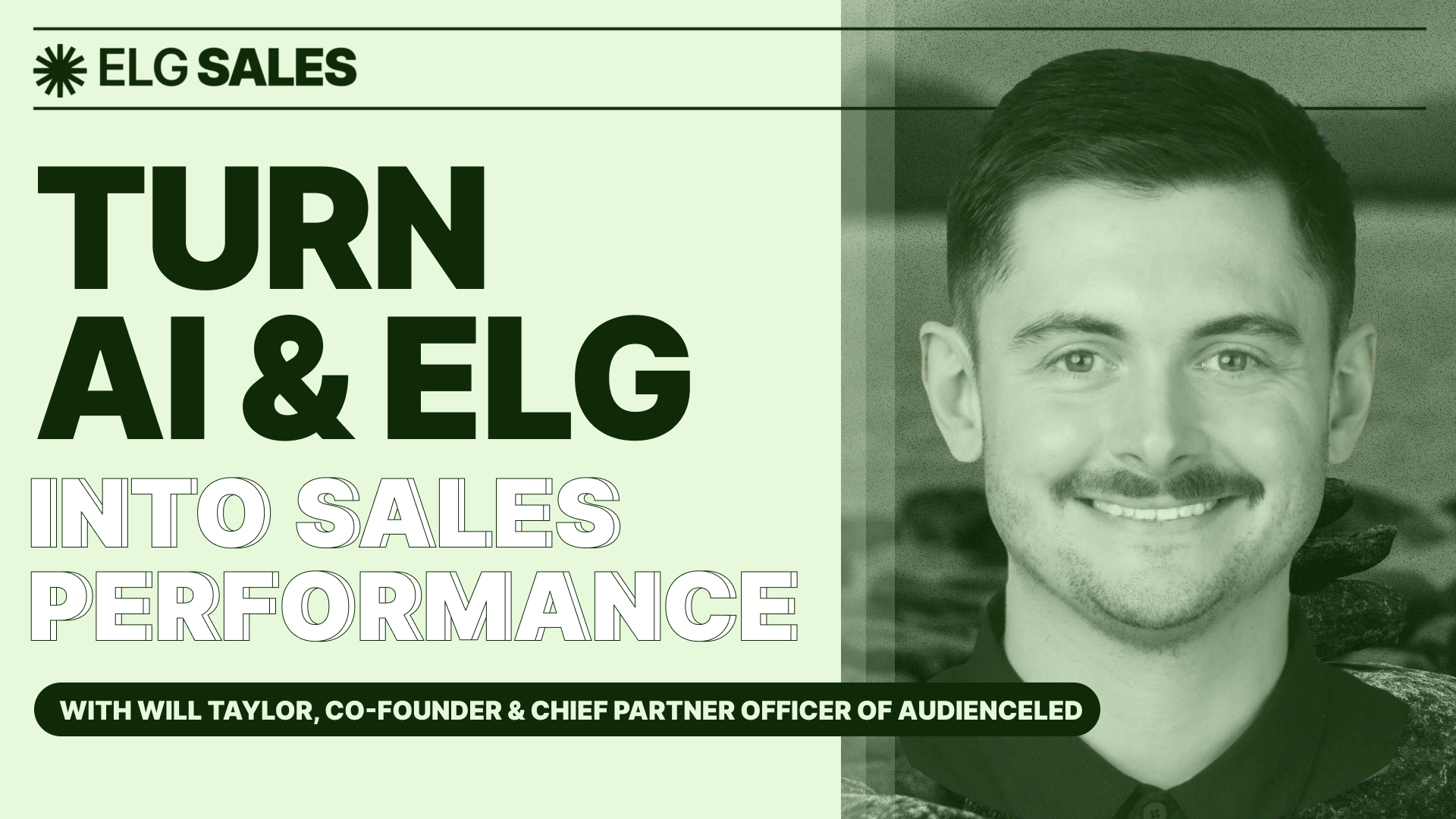
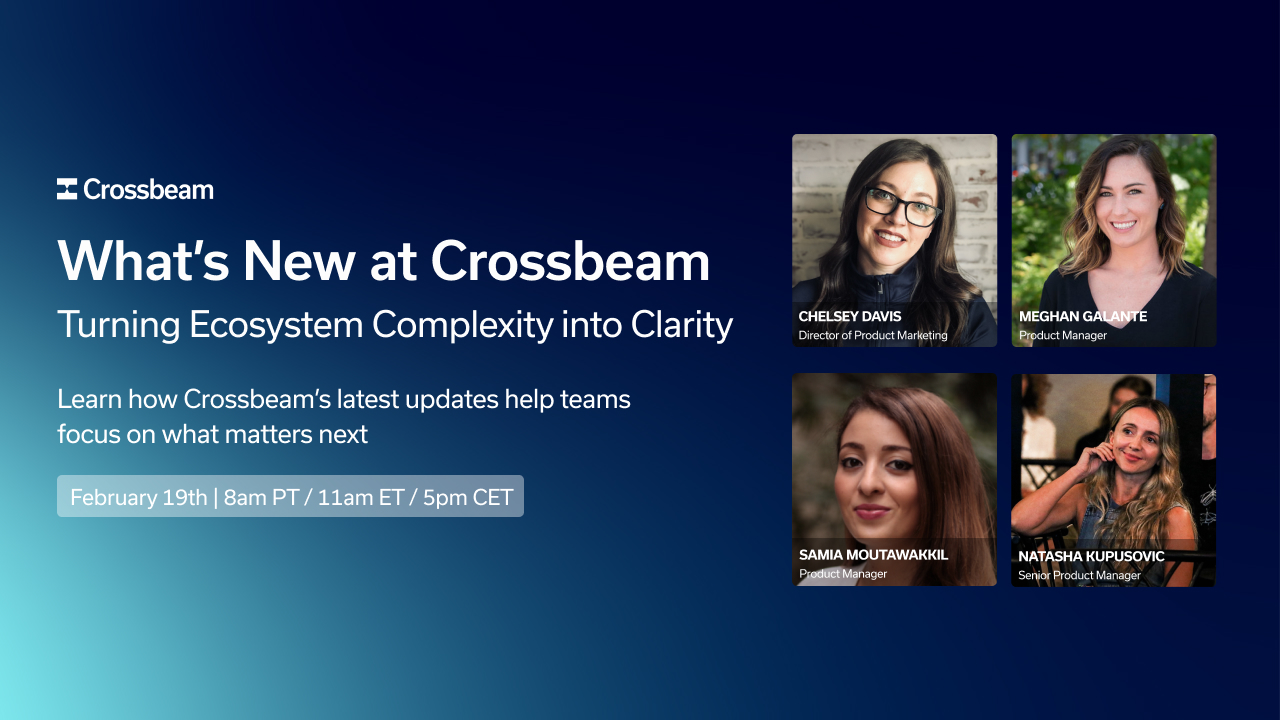
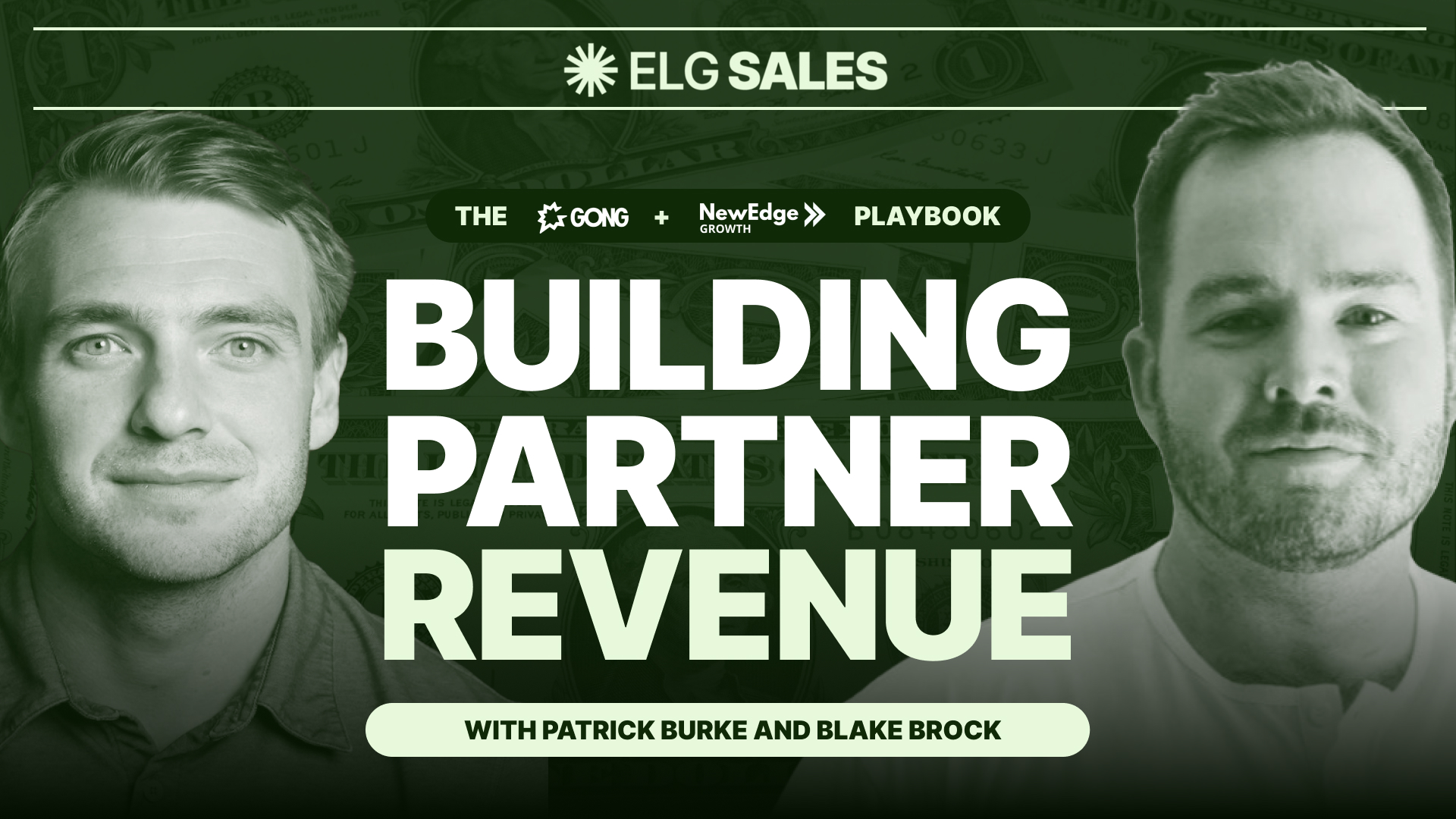
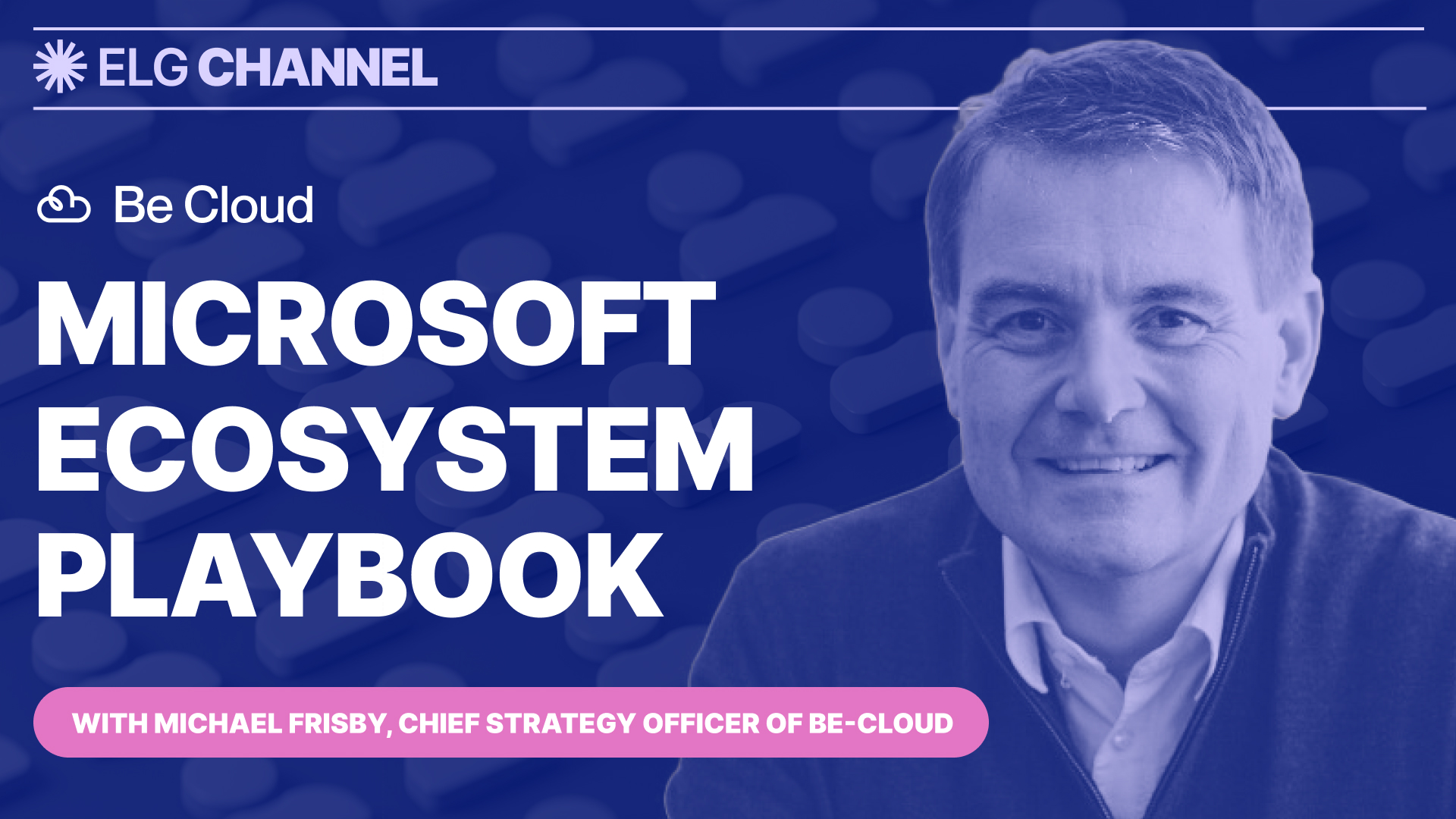


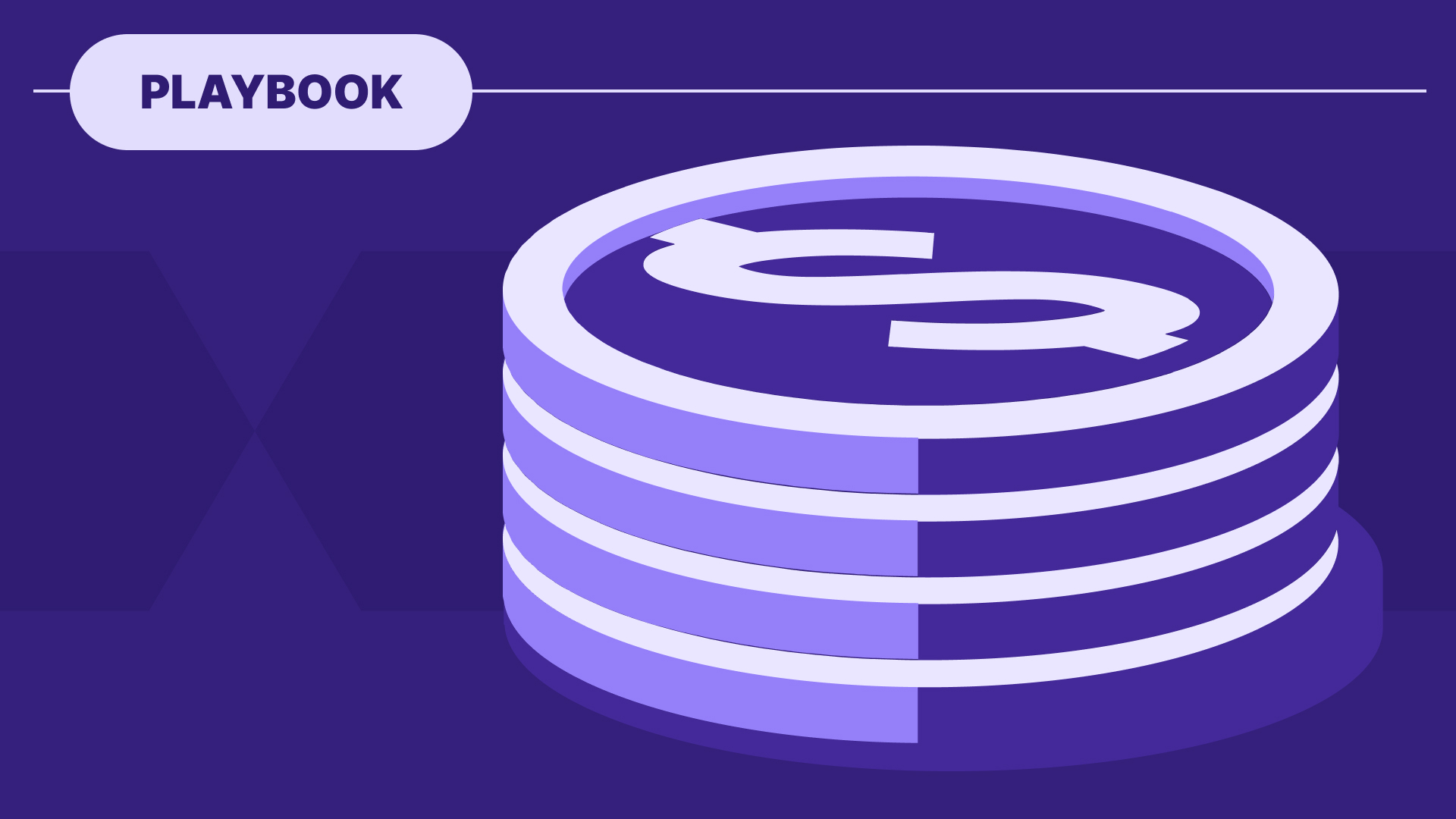

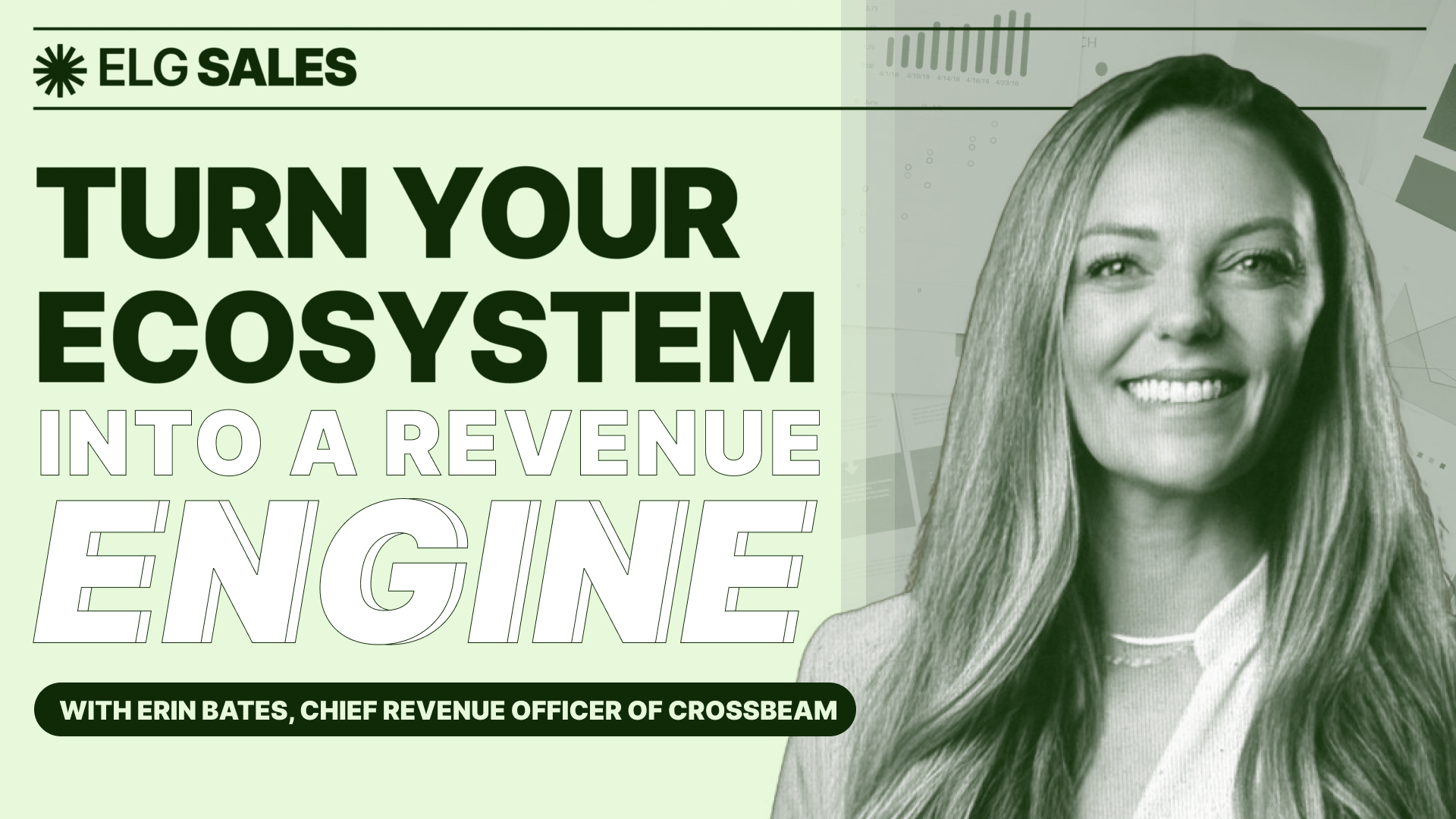
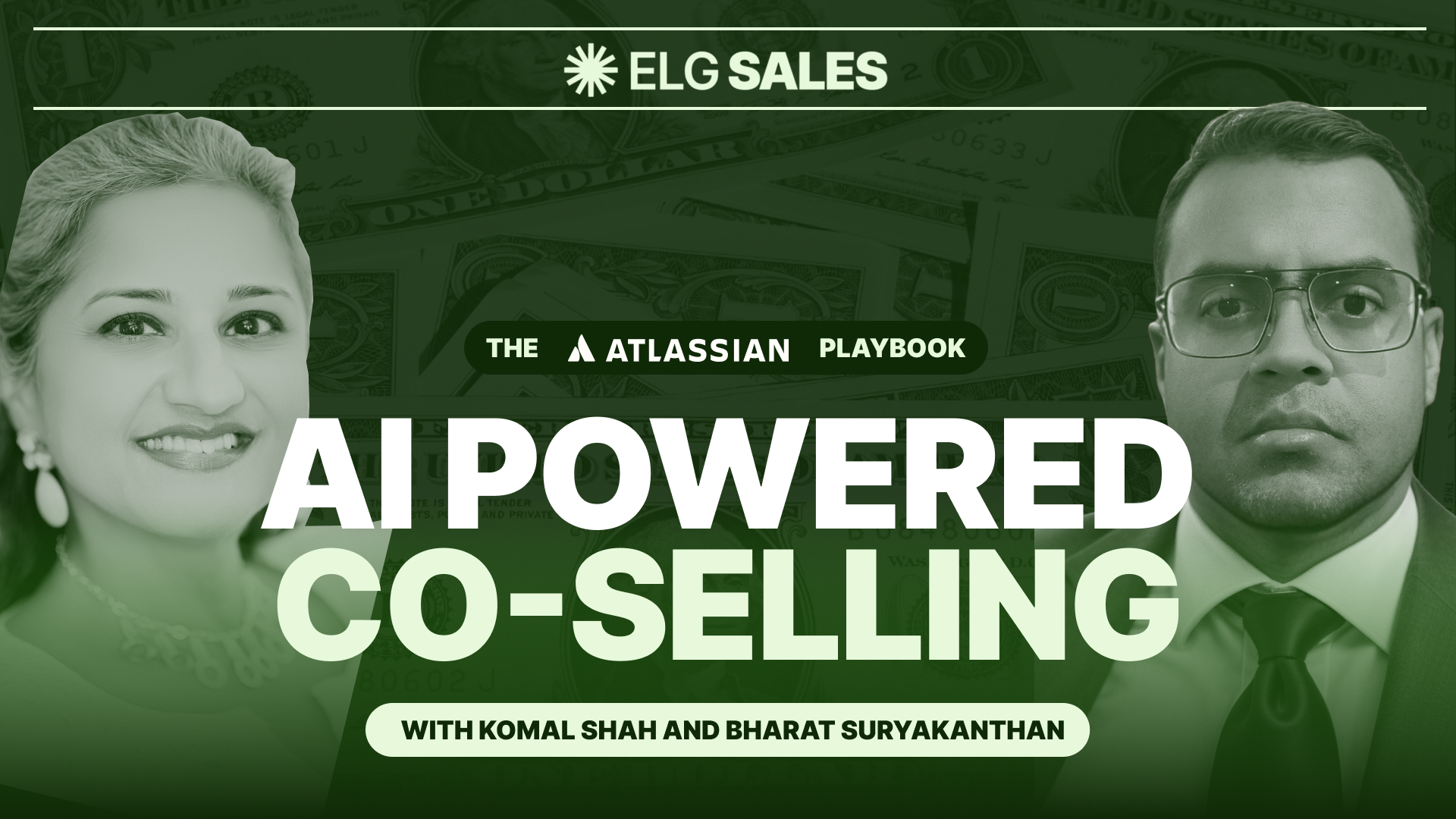
.jpg)
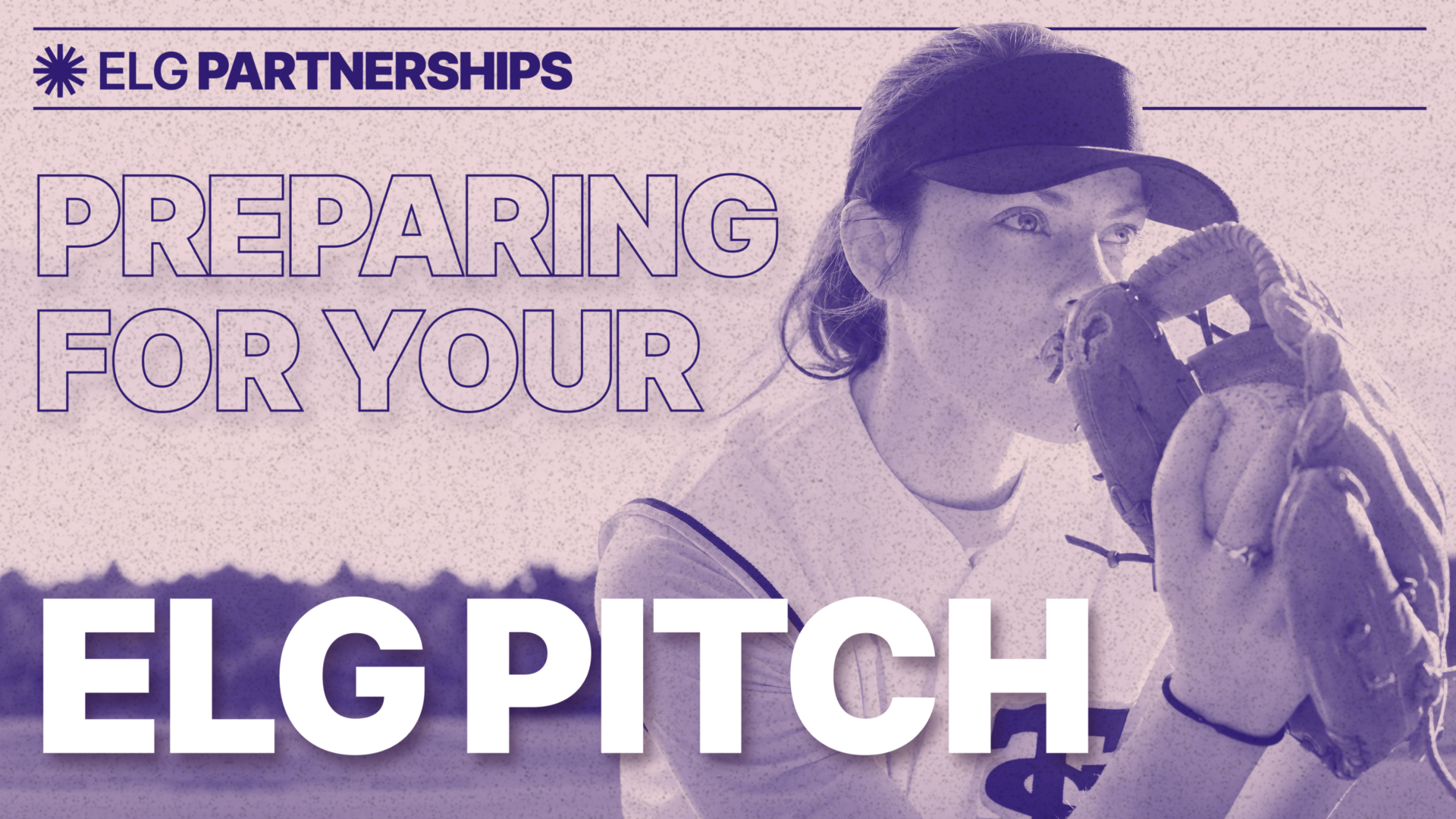

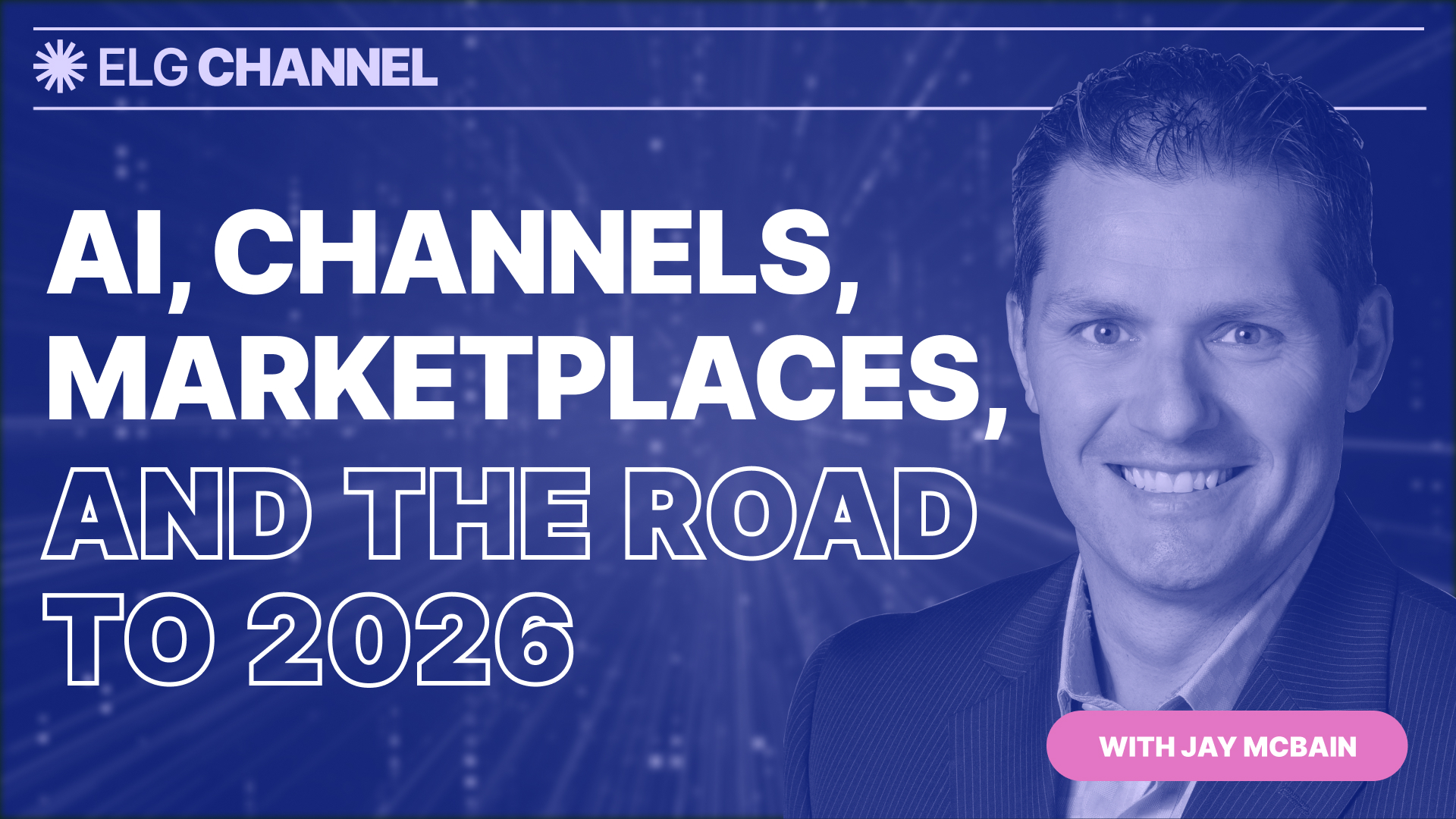

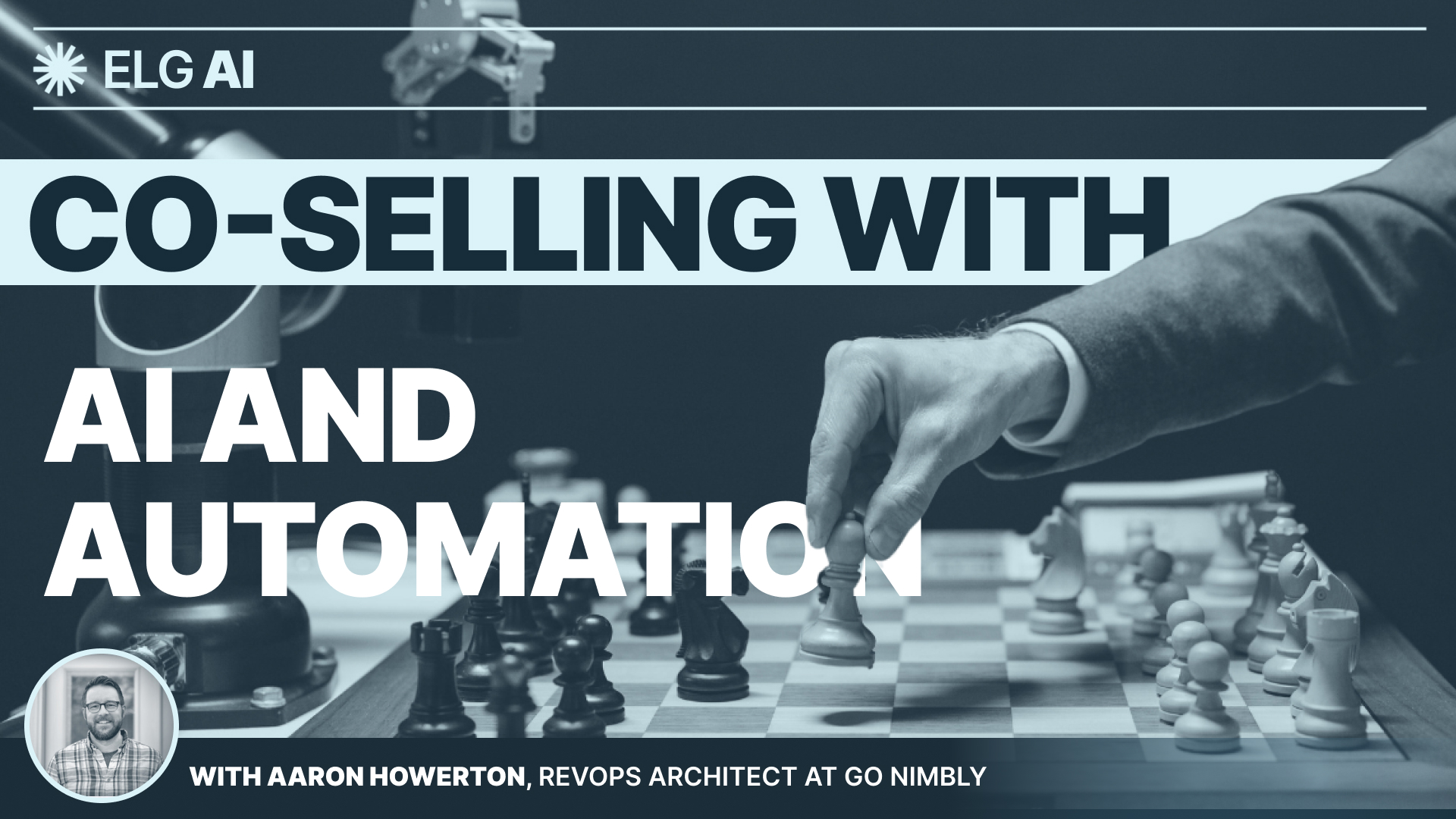
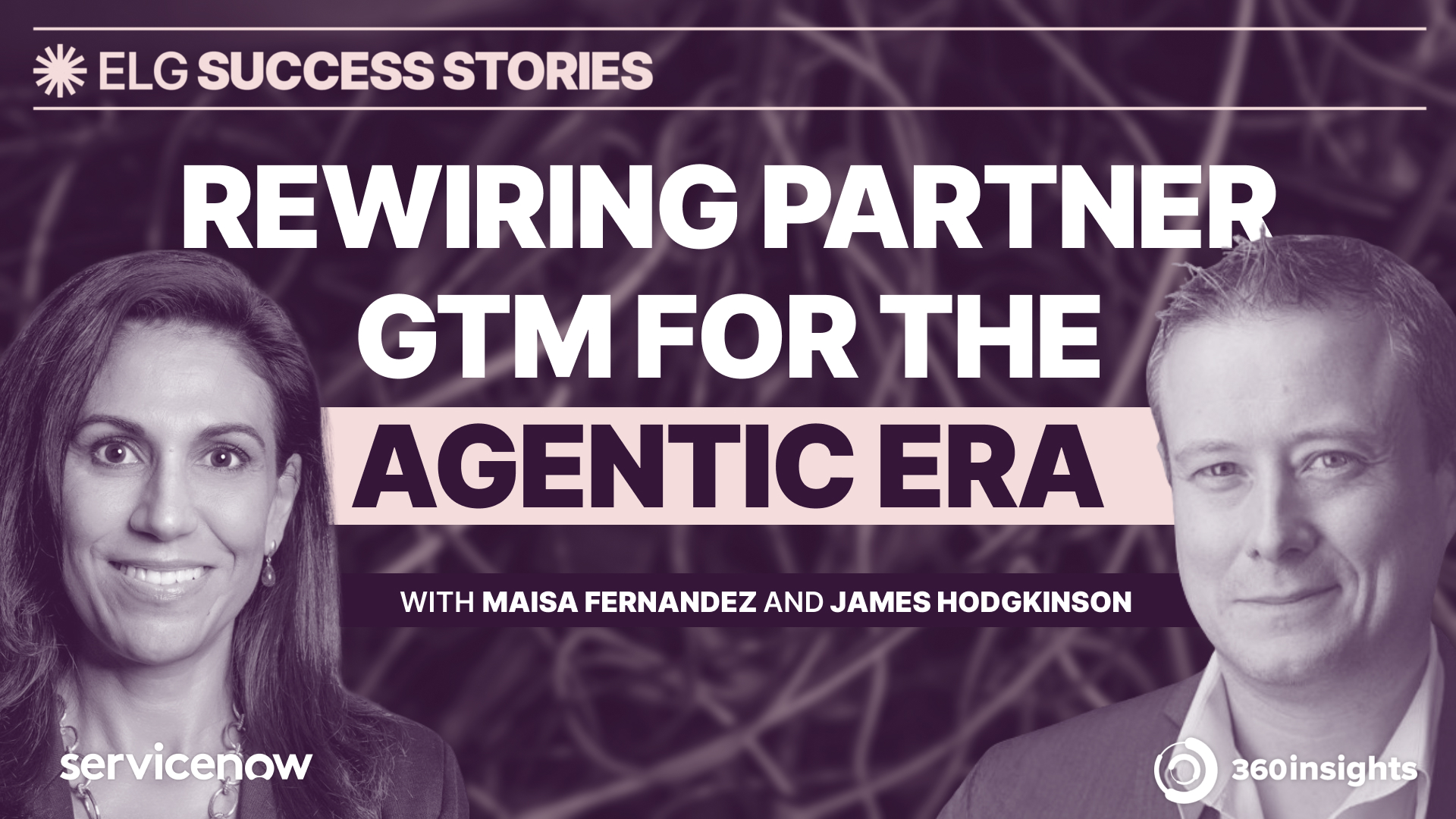

%20(1).jpg)
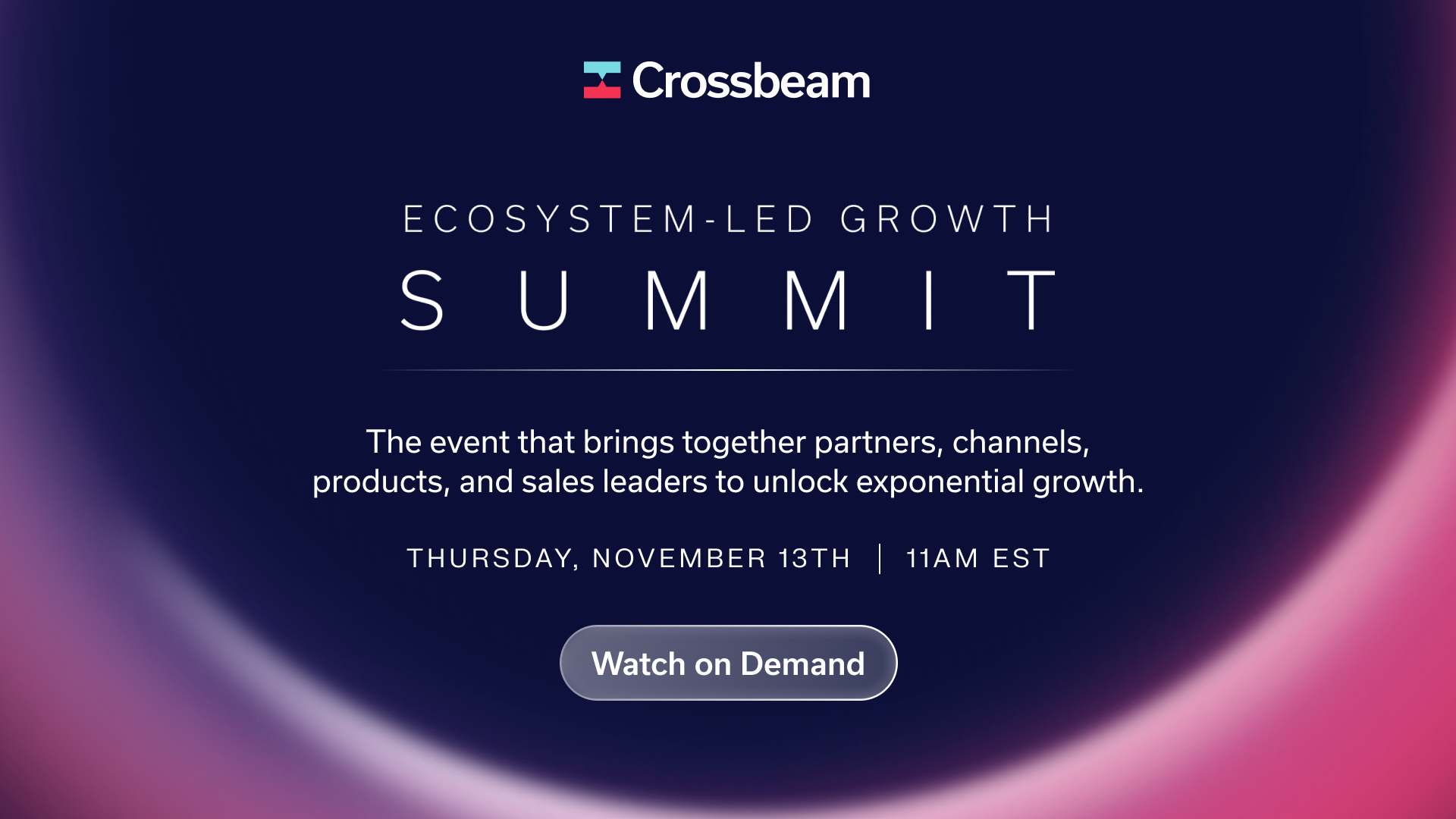

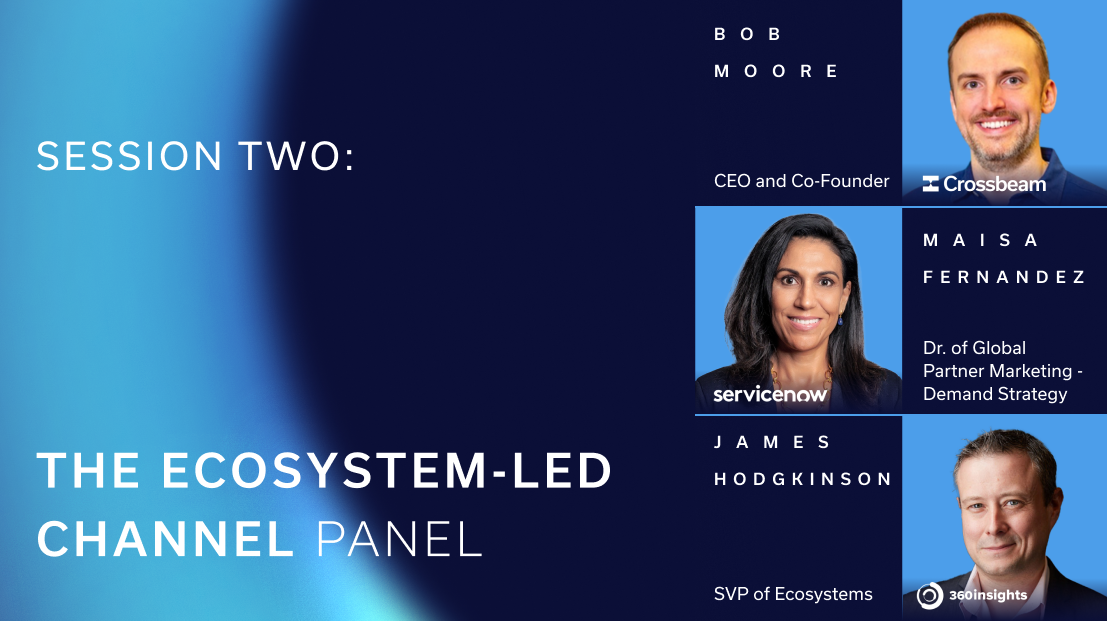
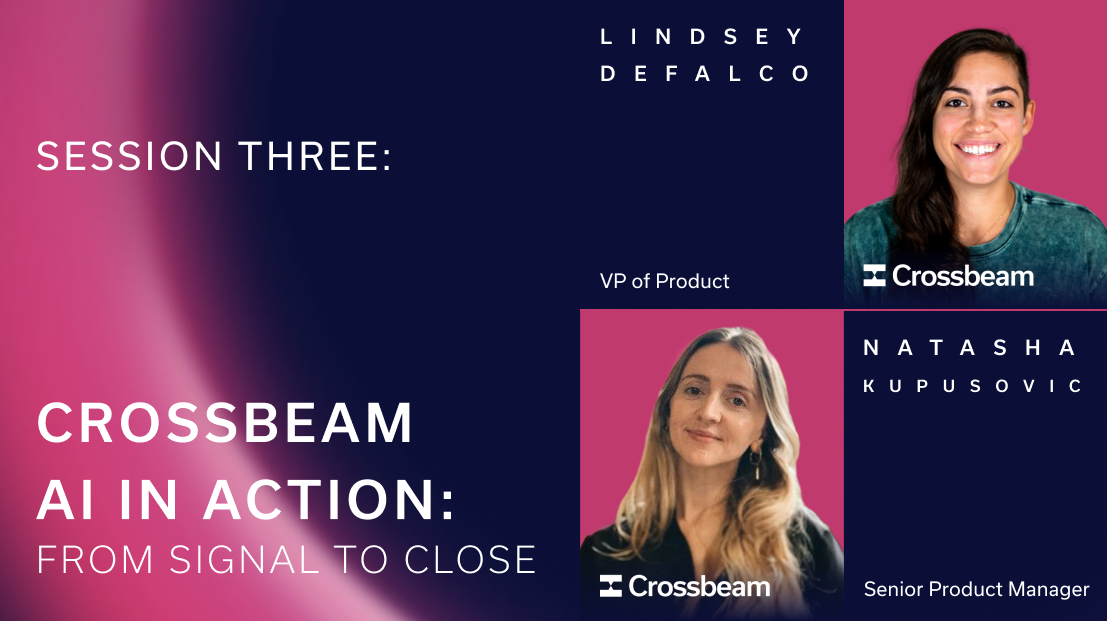

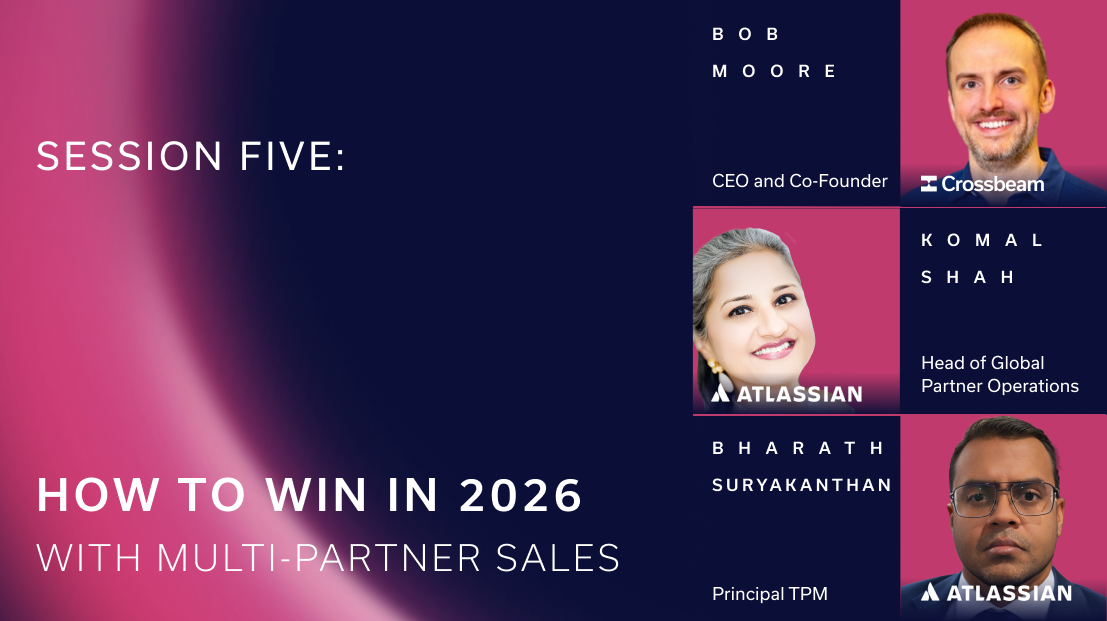
.png)
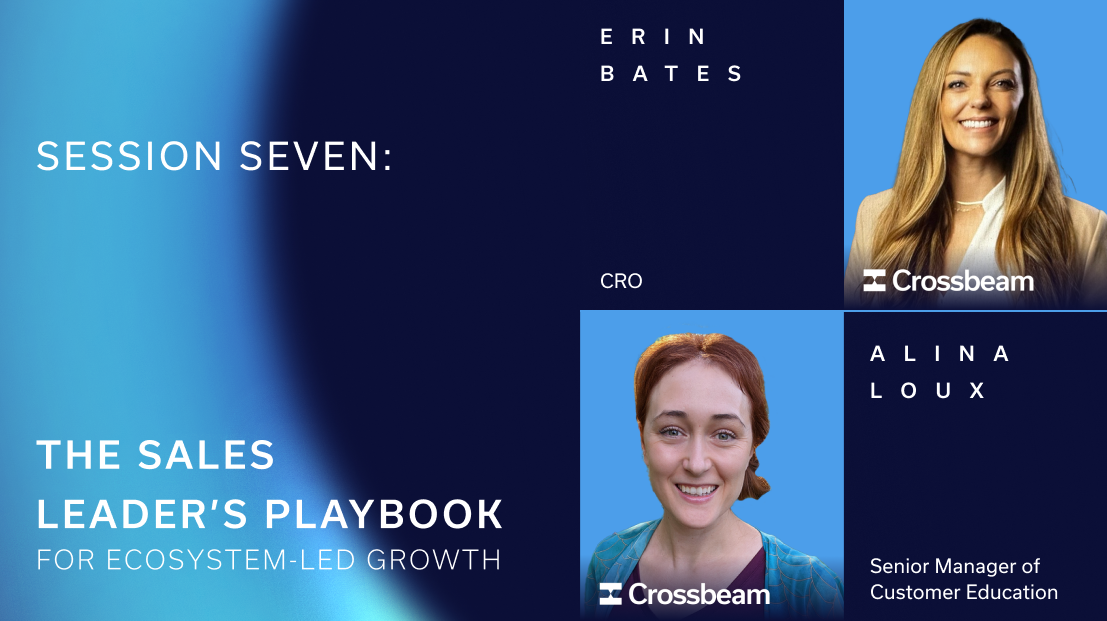











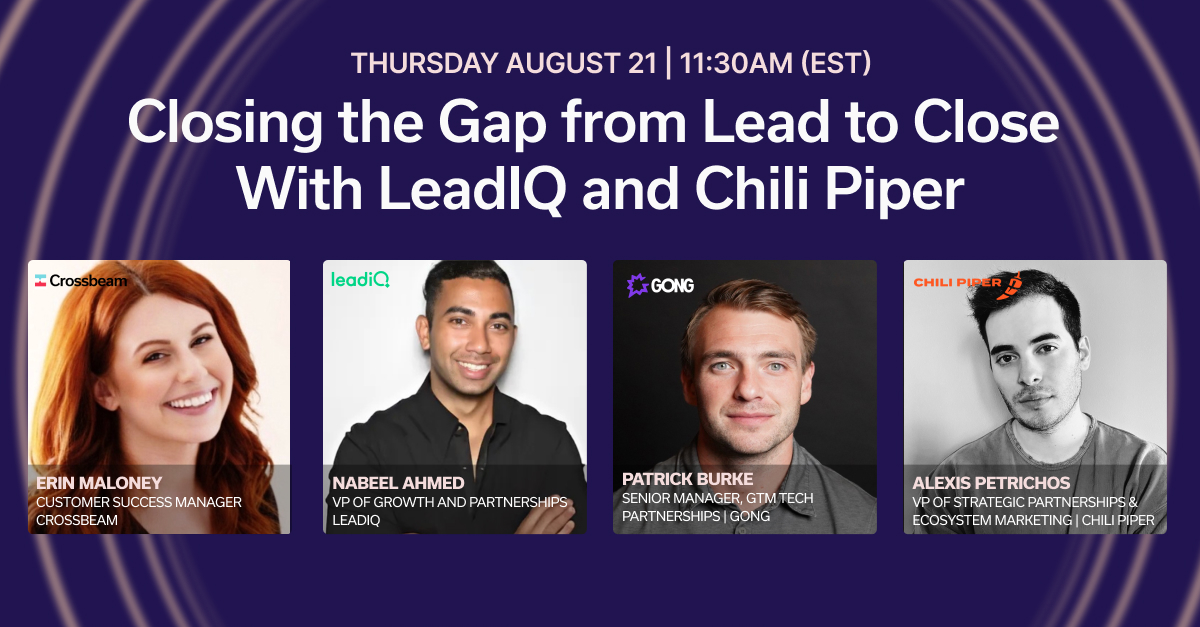

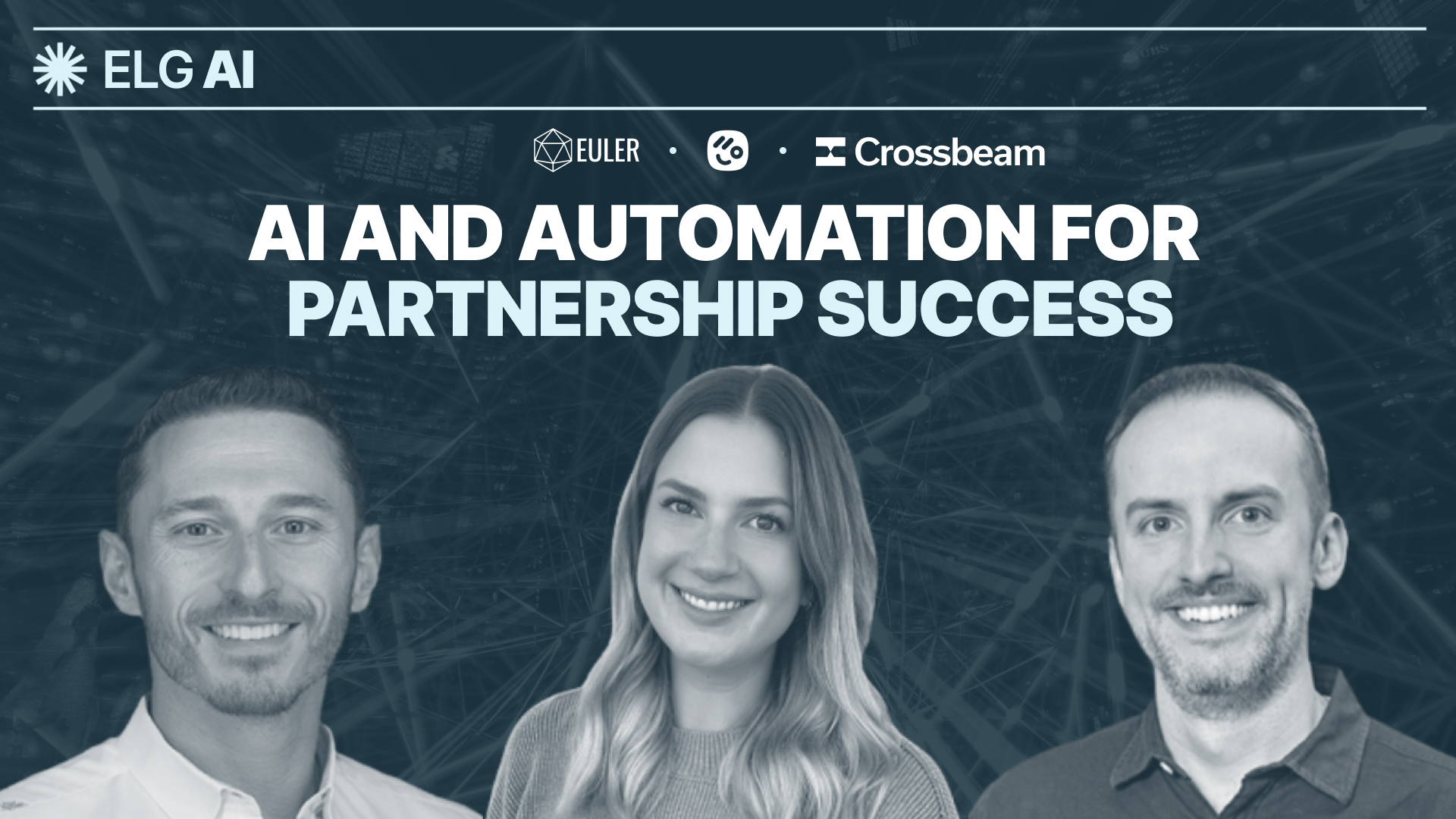
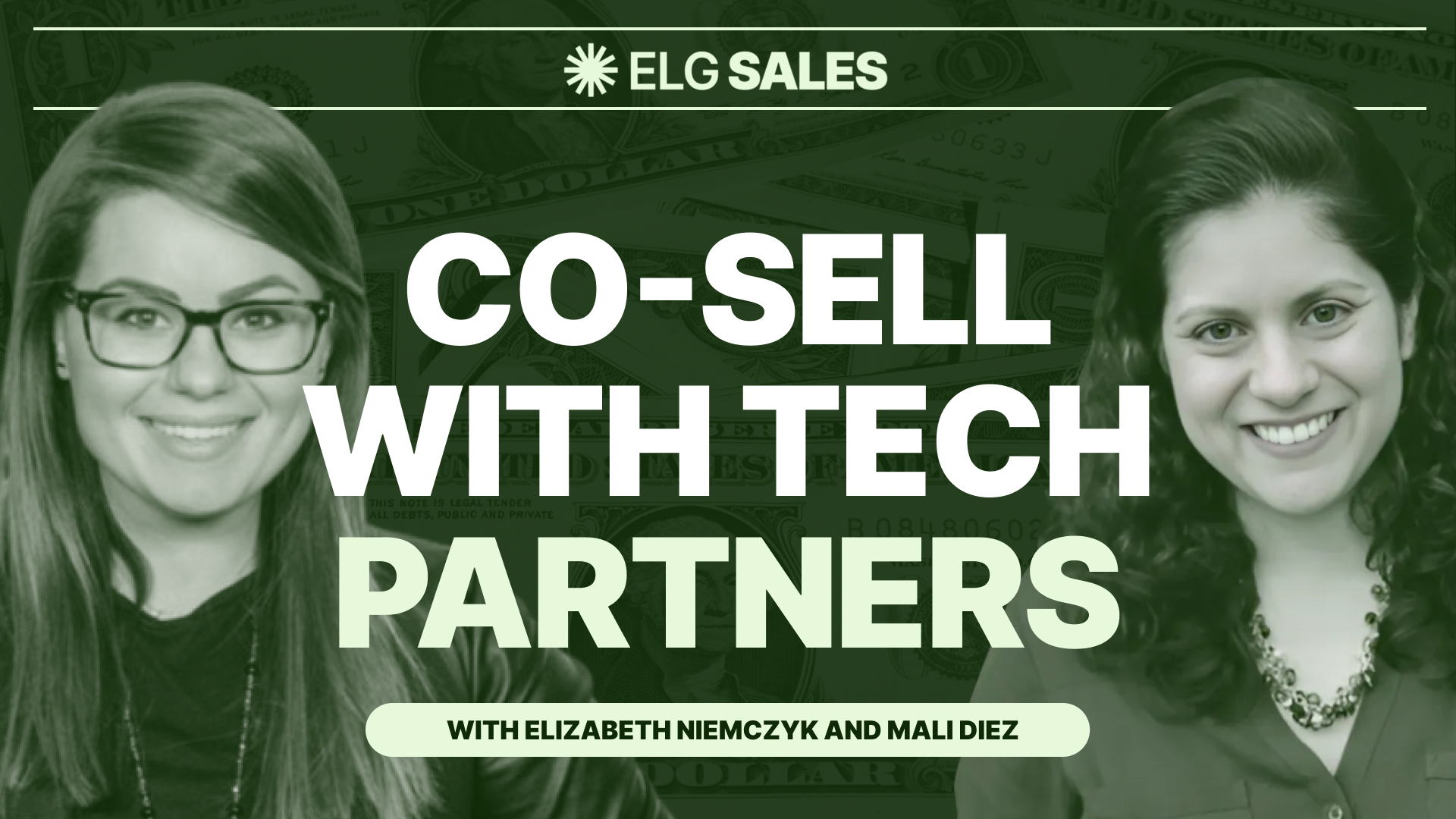
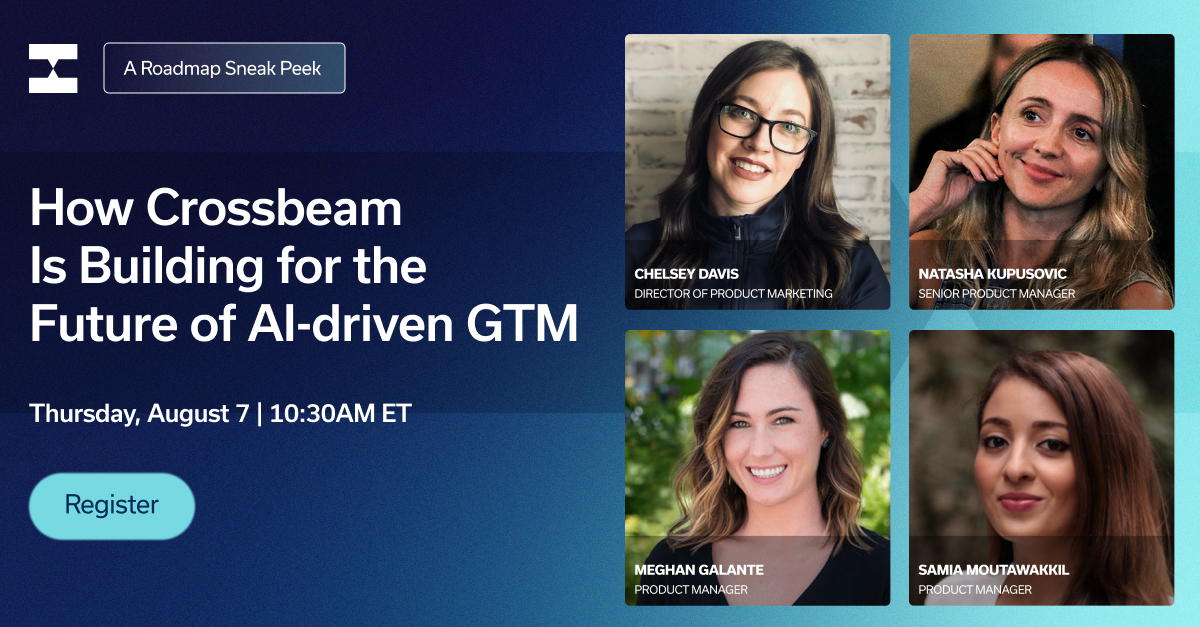
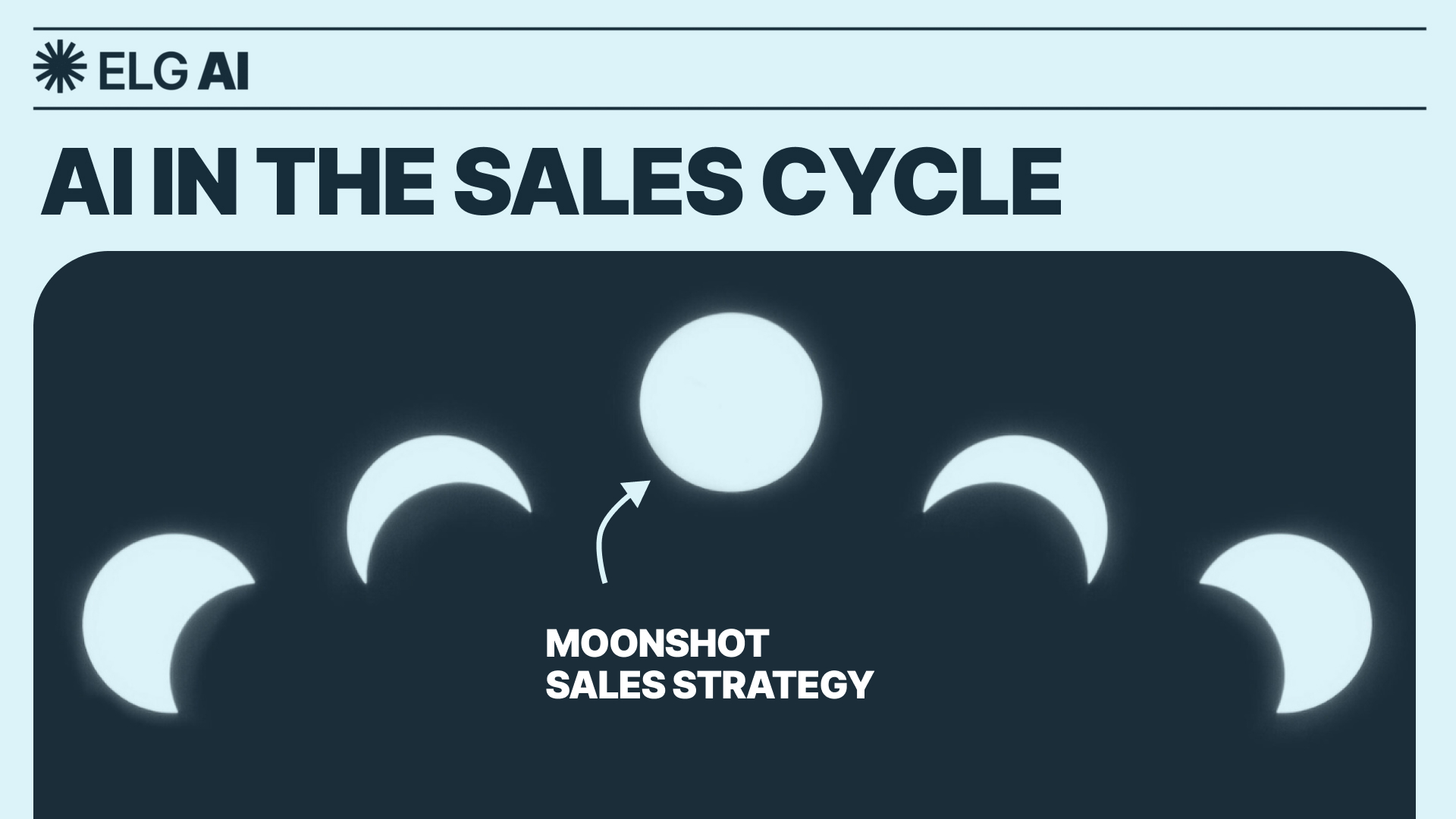

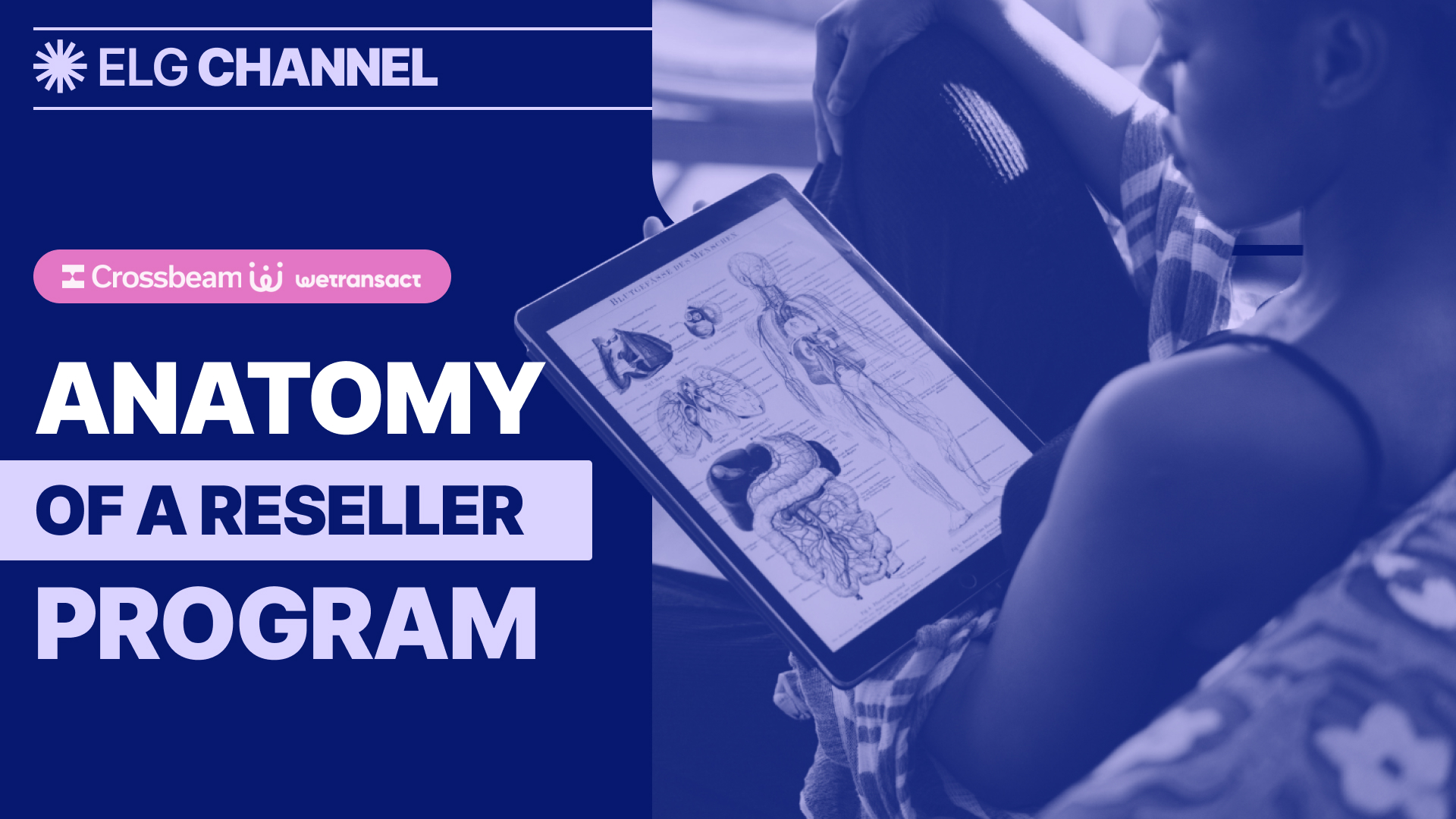
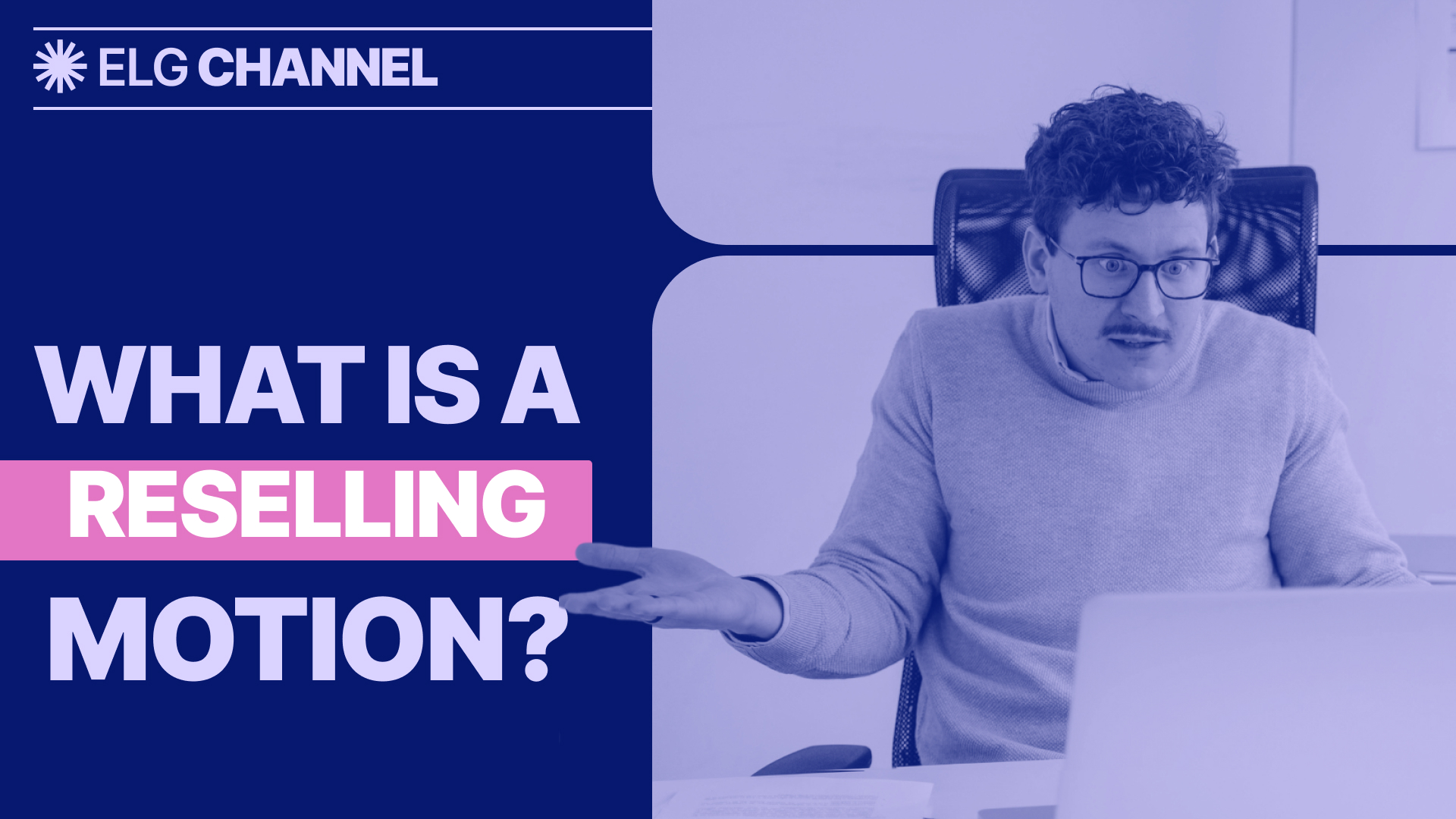
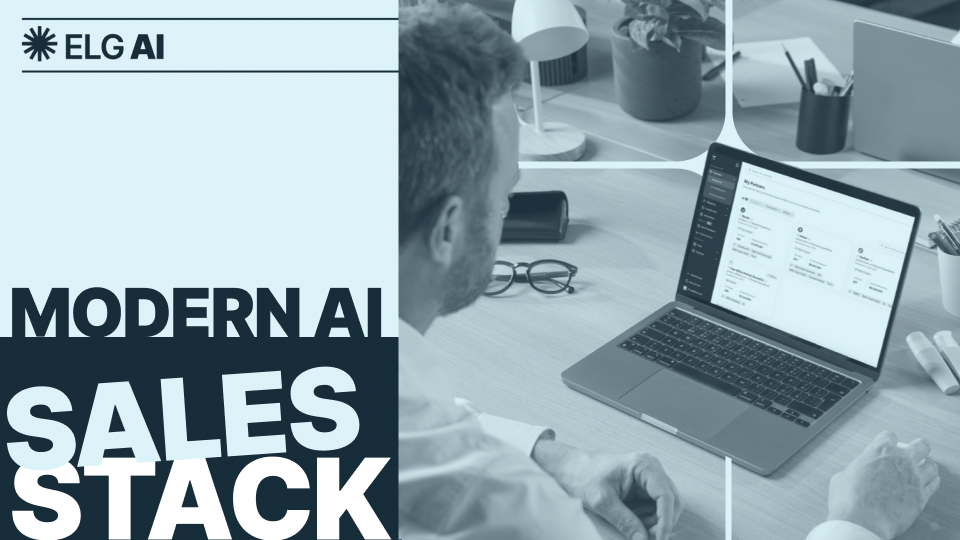






.jpg)




.png)



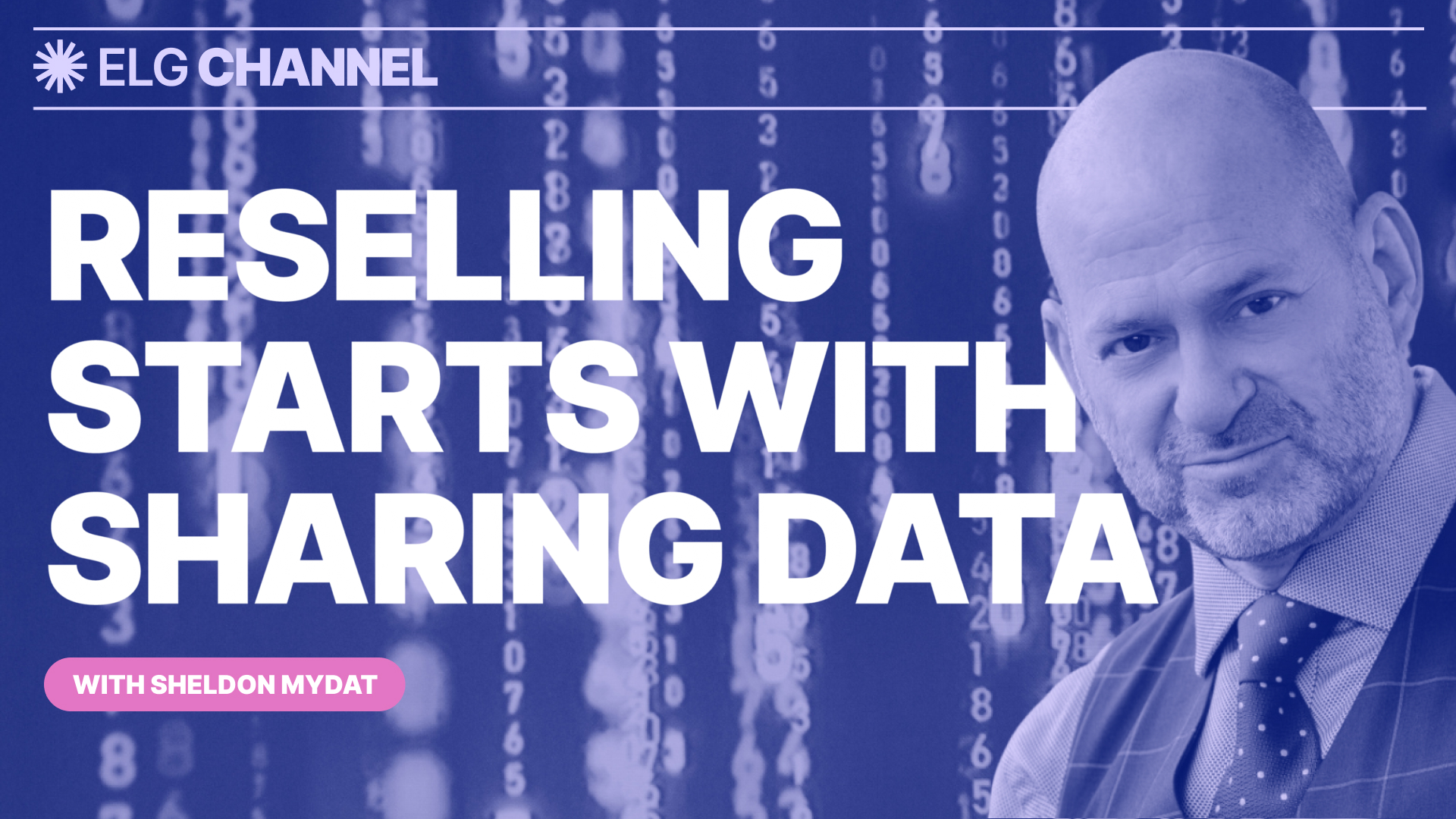


.jpg)





.jpg)

.webp)
















